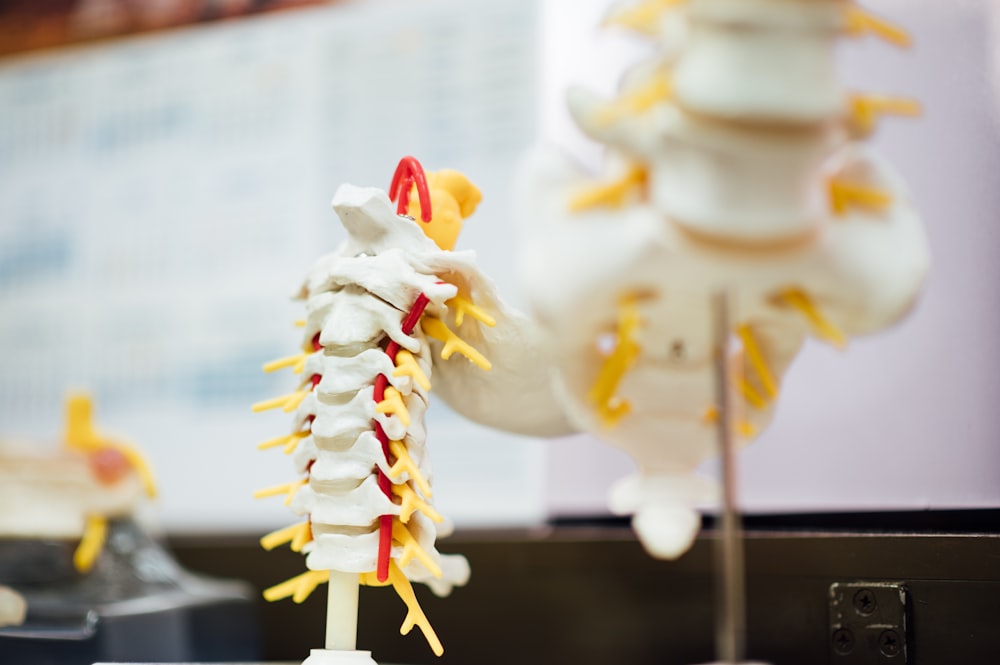The other day I read an interesting perspective in the first chapter of 12 Rules for Life by Jordan Peterson.
It turns out lobsters were vital for uncovering a lot about the human nervous system and how it works. Peterson argues that in some ways, they could also be thought of as a very advanced species, having been around for hundreds of millions of years.
The most interesting part about lobsters, however, is their social dynamic and how it all has to do with levels of serotonin and their posture. In the end, you'll see that it's similar to humans'.
As in all species, lobsters get into fights, which yields winners and losers. The winners have high levels of serotonin, they're cocky and much less likely to back down when challenged. They're also more likely to remain undefeated, get more females to mate with them, and live in the best micro-location.
It’s winner-take-all in the lobster world, just as it is in human societies, where the top 1 percent have as much loot as the bottom 50 percent—and where the richest eighty-five people have as much as the bottom three and a half billion.
You can imagine the losers have it the exact opposite way. Their serotonin is low, they're clenched together and vanish at every hint of trouble. This can very easily be applied to us humans as well.
This is why, when we are defeated, we act very much like lobsters who have lost a fight. Our posture droops. We face the ground. We feel threatened, hurt, anxious and weak. If things do not improve, we become chronically depressed. Under such conditions, we can’t easily put up the kind of fight that life demands, and we become easy targets for harder-shelled bullies.
But the catch of this lesson is to think the other way round. When we're in such a state of mind - defeated, threatened, facing the ground - we should act accordingly.
If you slump around, with the same bearing that characterizes a defeated lobster, people will assign you a lower status, and the old counter that you share with crustaceans, sitting at the very base of your brain, will assign you a low dominance number. Then your brain will not produce as much serotonin.
Do an experiment and move your facial muscles in such a way that you will express sadness. I guarantee you'll start feeling sad. But if you smile, you'll feel happy.
Alterations in body language offer an important example. If you are asked by a researcher to move your facial muscles, one at a time, into a position that would look sad to an observer, you will report feeling sadder. If you are asked to move the muscles one by one into a position that looks happy, you will report feeling happier. Emotion is partly bodily expression, and can be amplified (or dampened) by that expression.
This proves that it also works the other way around - consciously smiling, standing upright and resisting oppression will make us feel better.
We all have moments when we're sad and depressed. But we have to somehow end that cycle. One way is smiling. According to the lobsters, the other one might be standing and sitting upright. Of course, it also makes us less prone to diseases caused by poor posture.
So, attend carefully to your posture. Quit drooping and hunching around. Speak your mind. Put your desires forward, as if you had a right to them—at least the same right as others. Walk tall and gaze forthrightly ahead. Dare to be dangerous. Encourage the serotonin to flow plentifully through the neural pathways desperate for its calming influence.
I think this was a brilliant chapter of the book and a great lesson. That's why, mind your posture.




